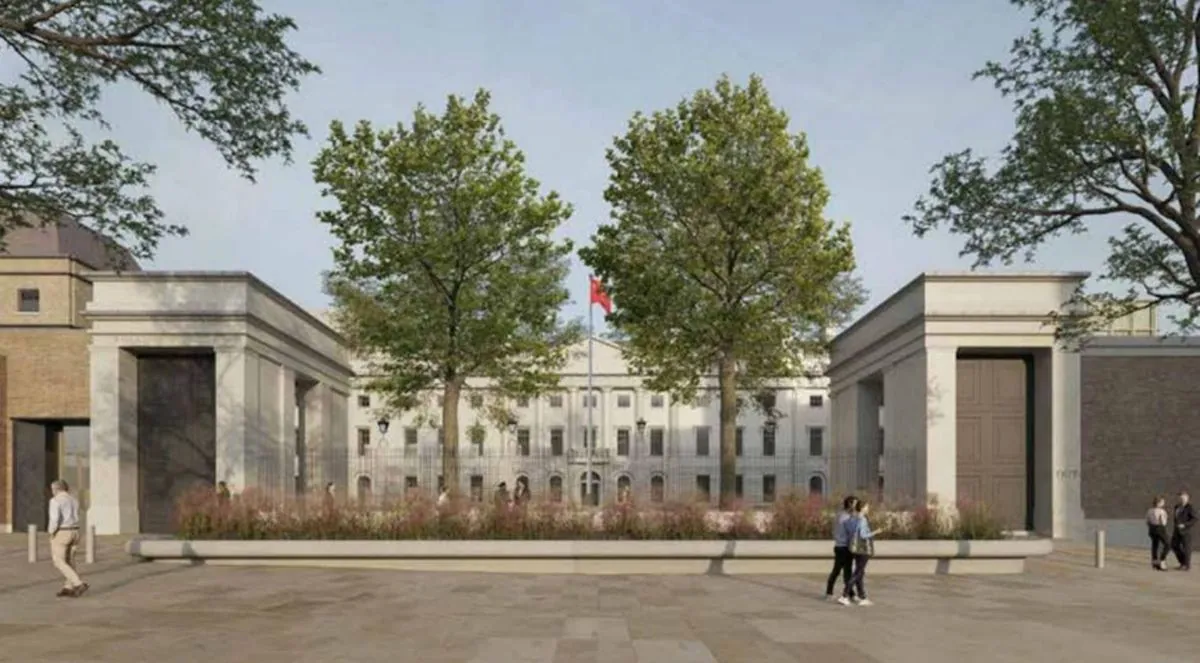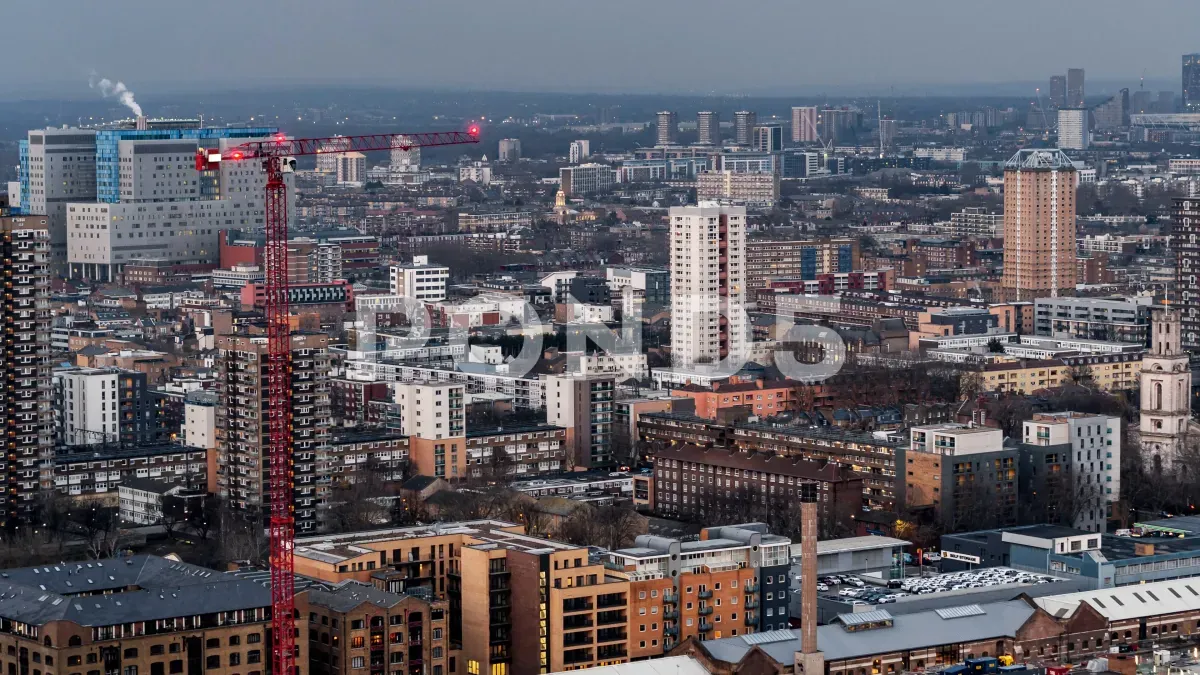China Renews Bid for Massive London Embassy Amid UK Political Shift
China resubmits plans for its largest European embassy in London, challenging the new Labour government's stance on bilateral relations. The move follows previous rejection and ongoing diplomatic tensions.

China has renewed its efforts to establish a significant diplomatic presence in London by resubmitting plans for a new embassy. This development comes shortly after the Labour Party assumed power on July 5, 2024, potentially testing the new government's approach to Sino-British relations.
The proposed embassy, slated to be China's largest in Europe, would be situated near the historic Tower of London, founded in 1066 during the Norman Conquest. The site, formerly home to the Royal Mint, was purchased by China for approximately £250 million in 2018. This location choice is notable, given the area's rich history and proximity to key London landmarks such as Tower Bridge, completed in 1894.
Tower Hamlets council, overseeing one of London's most densely populated boroughs, initially rejected the embassy plans in December 2022, citing security concerns and potential impacts on local residents. China's resubmission argues that these grounds for rejection lack merit and have no basis in planning policy.

The timing of this resubmission is significant, occurring just two weeks after the Labour Party, founded in 1900, took office. This move could be seen as an attempt to gauge the new government's stance on UK-China relations, which have been strained in recent years due to concerns over cyber-security and human rights issues.
Prime Minister Keir Starmer's administration has indicated its intention to conduct an audit of the bilateral relationship with China. This approach aims to assess both challenges and opportunities presented by the world's second-largest economy. It's worth noting that UK-China bilateral trade reached £93 billion in 2021, underlining the economic significance of this relationship.
The proposed embassy's size - nearly double that of China's Washington D.C. mission - has raised concerns among some British politicians and security officials. They worry that a larger diplomatic presence could potentially increase intelligence-gathering activities. These concerns reflect the complex nature of modern diplomacy, with China operating the world's largest diplomatic network of 276 posts globally.
"We hope that the UK government will facilitate the approval process for our new embassy, which will contribute to strengthening bilateral relations and cultural exchange."
Chinese officials have expressed frustration over the difficulties in securing planning permission, highlighting the diplomatic sensitivities surrounding the project. The issue has been a topic of discussion in official-level meetings between British and Chinese representatives.
As the planning application progresses, it may eventually require involvement from the national government if rejected again and appealed. This situation presents a delicate balancing act for the Labour administration, as it seeks to navigate the complexities of UK-China relations while addressing domestic concerns.
The outcome of this embassy project could serve as an indicator of the future direction of Sino-British relations, which have evolved significantly since the UK officially recognized the People's Republic of China in 1950 and established formal diplomatic ties in 1954. As both nations continue to engage in this "comprehensive strategic partnership" signed in 2004, the embassy issue remains a tangible representation of the challenges and opportunities in their ongoing diplomatic dialogue.


































